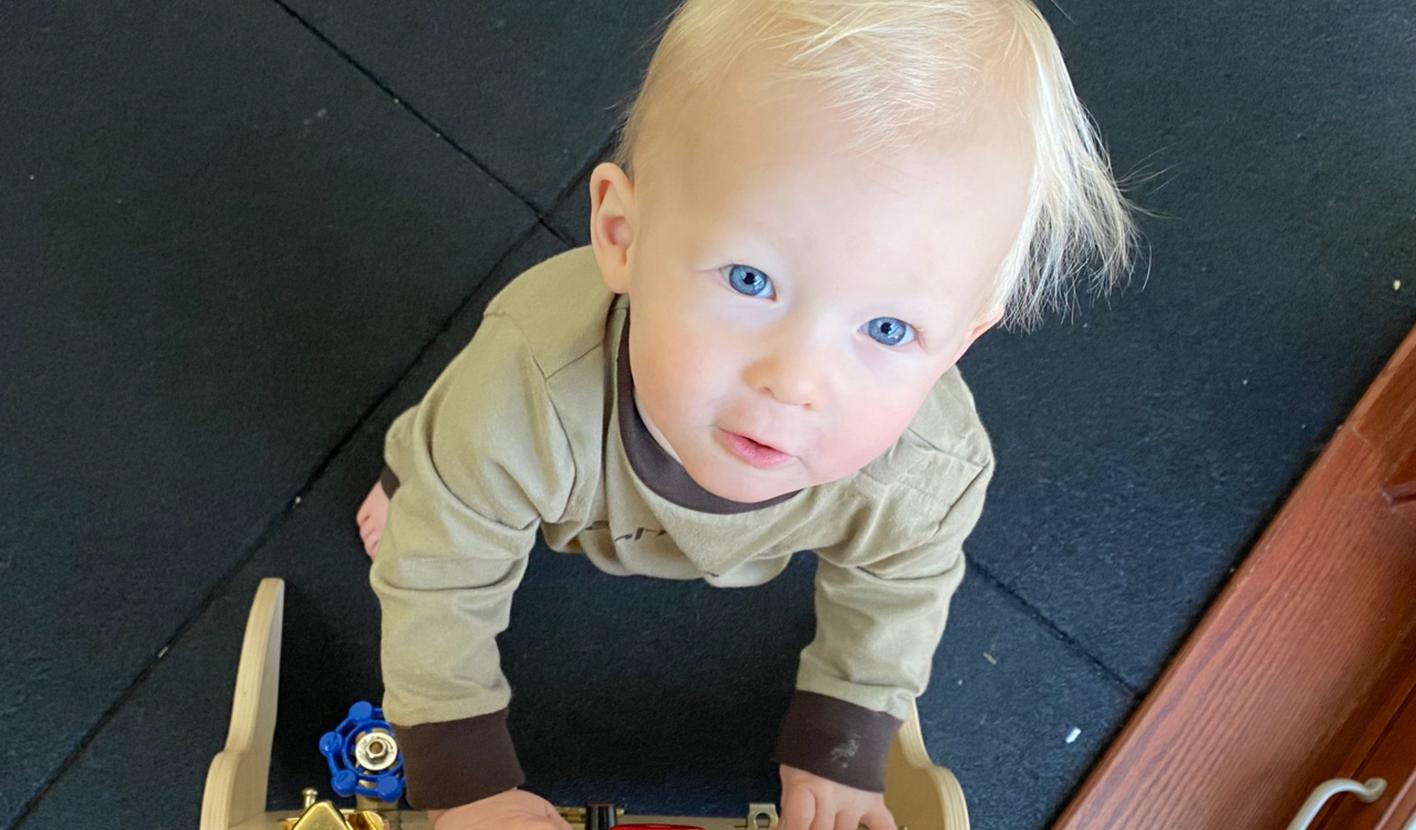
1 minute read
Infant Development
The Infant stage of development is the most rapidly changing time of a person’s entire life. In their book, The Montessori Way, Tim Seldin and Paul Epstein write: Research clearly shows that the most important period in a human being’s educational and emotional development is not the years of high school but rather the first six years of life. The brain is not a muscle, but like a muscle, the brain only develops through active use. According to Dr. Maria Montessori, the young child’s mind is more like that of an acute observer or scientist, eager to learn, explore, try new things, and master new skills. But most importantly, she recognized that with stimulation, the child’s ability to concentrate, absorb, and master new ideas and skills increases, and that the earlier we begin a program of intellectual, physical, sensory, and artistic education, the more dramatic the result. This is a time of great sensitivity to language, spatial relationships, music, art, social graces, and so much more. If, during this period, the mind is stimulated by the child’s exposure to a rich environment, the brain will literally develop a much stronger and lasting ability to learn and accomplish. We learn so much from watching your child in the classroom. Dr. Montessori was a great proponent of observation as a tool for educators. We can watch how your child interacts with the environment and the materials and through this observation learn much about your child’s development and how we can best serve his/her needs.
Seldin, Tim, and Paul Epstein, Ph.D. The Montessori Way. Sarasota: The Montessori Foundation, 2003.




